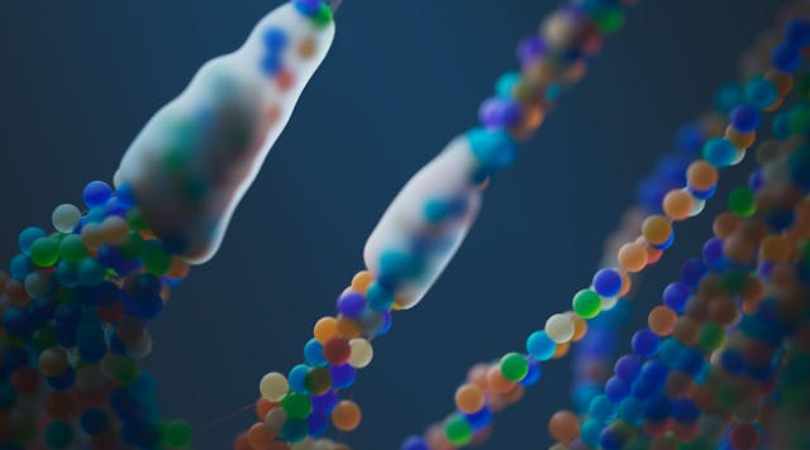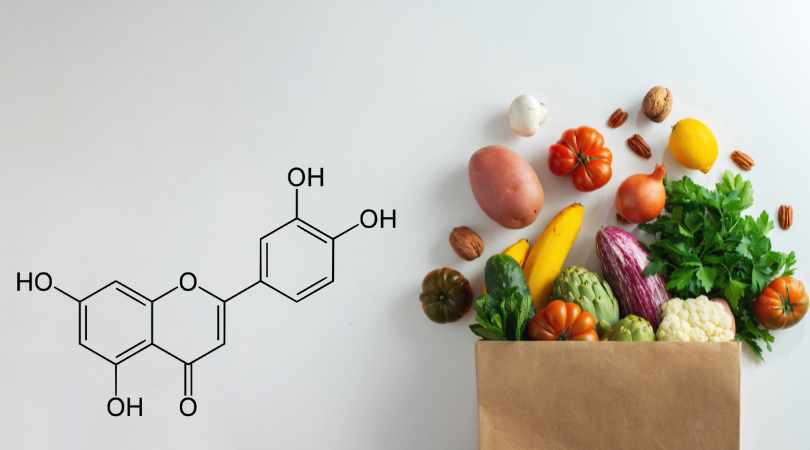Scientists have successfully restored the lost uricase enzyme, a key breakthrough in combating fructose-induced fat formation. This discovery offers new hope for preventing obesity and metabolic disorders by targeting how the body processes sugar and stores fat.
Limited Quantities Available! Order Today and Enjoy Free Shipping on Orders Over $100!
Carbohydrate Intolerance
A condition where carbs lead to fatigue, fat gain, or cravings—often driven by excess internal fructose conversion.
Carbs Aren’t the Enemy—Fructose Might Be
Carbohydrate intolerance often signals deeper metabolic dysfunction, and fructose may be the hidden culprit.
When fructose metabolism overwhelms the liver, it generates fat, uric acid, and mitochondrial stress—disrupting how the body processes all carbs, not just sugar. The result is unstable blood sugar, insulin resistance, and post-meal crashes that make carbs feel intolerable, even in small amounts.
SugarShield helps support your ability to handle carbohydrates by targeting the metabolic friction caused by fructose. By promoting healthier energy metabolism and reducing cellular stress, it helps you regain balance and flexibility—without extreme carb restriction.
What is Carbohydrate Intolerance?
Carbohydrate intolerance refers to an inability to metabolize carbs efficiently without experiencing adverse effects like blood sugar swings, weight gain, or energy crashes.
It's Not Just About Sugar
Many people blame carbs in general—but often, the issue is that carbs are being converted into fructose internally via the polyol pathway, especially under:
- High glucose loads
- Salt stress
- Inflammation or insulin resistance
This triggers the same metabolic damage as eating sugar directly.
Symptoms
- Brain fog
- Cravings
- Fat storage (especially visceral fat)
- Fatigue after meals
Why It Happens
Carb intolerance often signals that the fructose pathway is overactive—producing uric acid, depleting ATP, and promoting fat synthesis.
At LIV3, we help users regain metabolic flexibility by blocking the fructose conversion step, so healthy carbs can be used as fuel—not fat."






